Best 5 Layerzero alternatives for 2025
LayerZero has established itself as a significant player in the blockchain interoperability space, offering seamless cross-chain communication. However, as the demand for efficient and secure cross-chain solutions grows, several alternatives have emerged. This article explores five notable alternatives to LayerZero, starting with Arcana.Network, detailing their unique features, advantages, and disadvantages, along with insights into their pricing structures.
Best 5 Layerzero alternatives
1.Arcana.Network
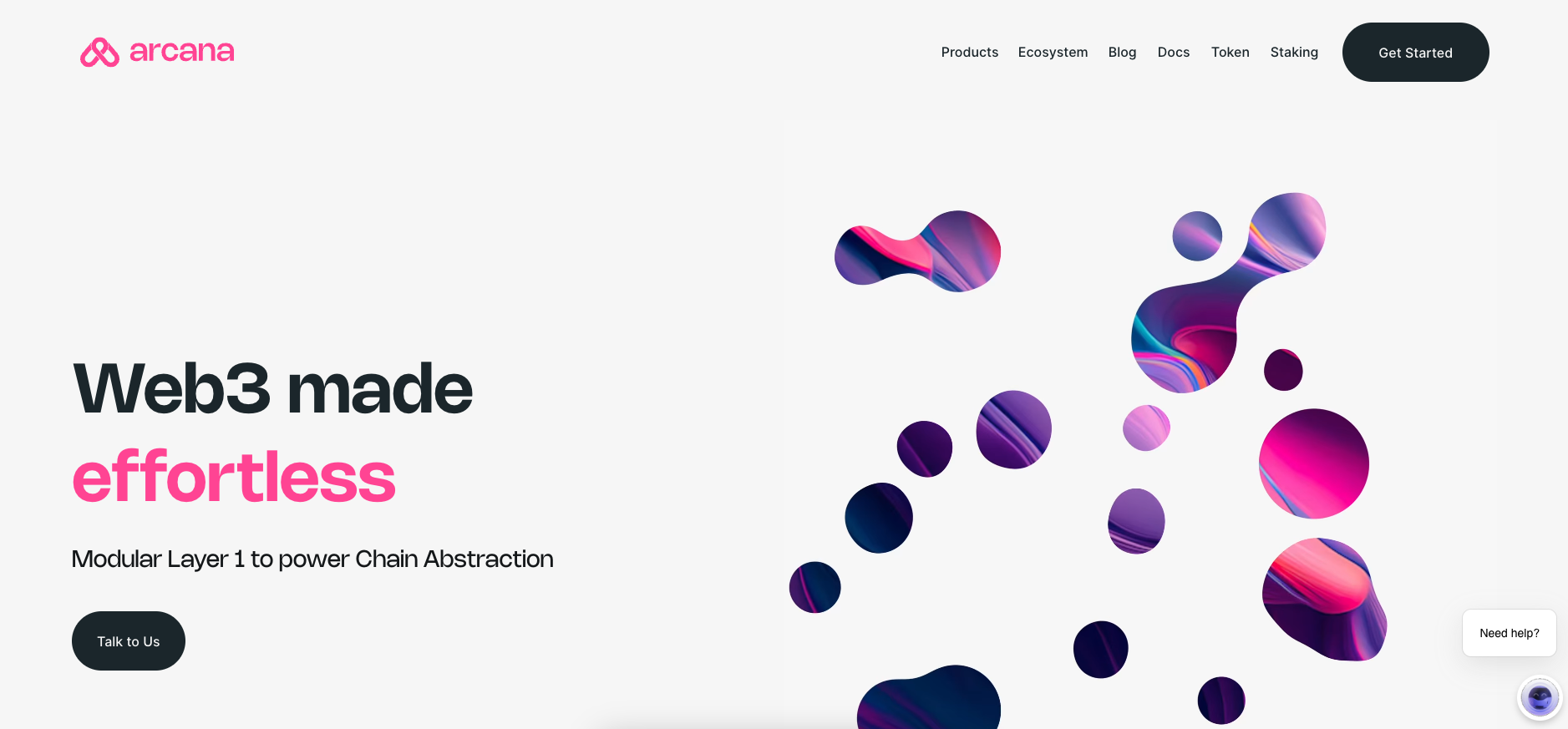
Arcana.Network is a decentralized finance (DeFi) platform that enhances user engagement with decentralized applications (dApps) and facilitates secure cross-chain transactions. It aims to provide an intuitive trading experience while ensuring robust security and privacy.
Features
- User-Friendly Interface: Simplifies trading with an intuitive layout.
- Cross-Chain Compatibility: Enables seamless trading across multiple blockchains.
- Decentralized Wallet: Offers full user control over private keys.
- Staking and Yield Farming: Opportunities for passive income through asset locking.
- Advanced Security: Employs encryption and multi-signature protocols.
Pricing
- Low Transaction Fees: Designed to be competitive and accessible.
- Minimal Staking and Farming Fees: Offset by potential rewards.
- Competitive Cross-Chain Fees: Ensures cost-effective asset transfers.
2.Across Protocol
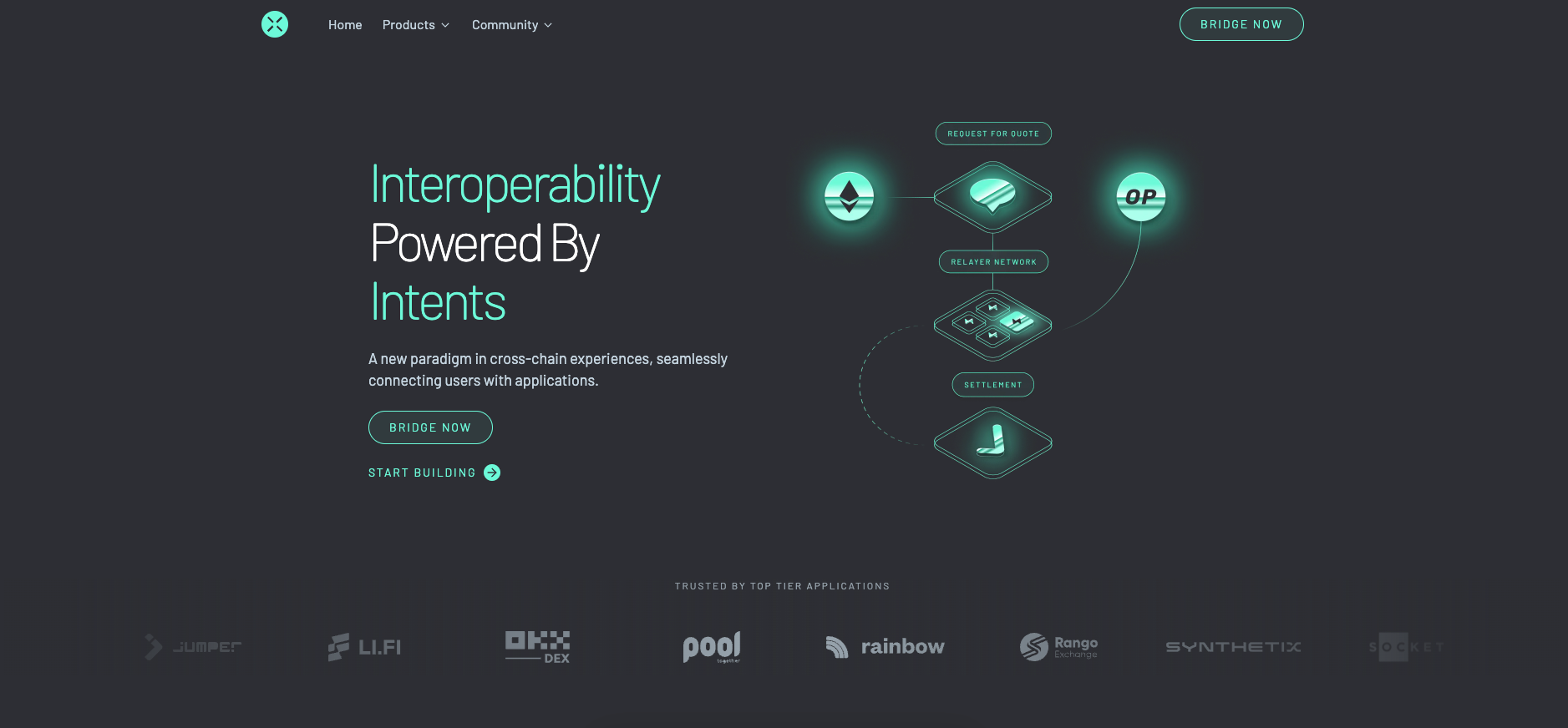
Across Protocol introduces a new paradigm for cross-chain experiences, focusing on connecting users with applications through intents rather than just blockchains. This approach allows for faster and lower-cost bridging.
Features
- Cross-Chain Intents: Simplifies user interactions by replacing explicit steps with outcomes.
- Competitive Execution Paths: Relayers compete for the best execution path.
- Streamlined Interoperability: Developers embed standard actions for seamless cross-chain experiences.
Pricing
- Low Bridging Costs: Designed to minimize costs for end-users.
- Developer-Friendly: No additional fees for embedding cross-chain actions.
3.Polyhedra
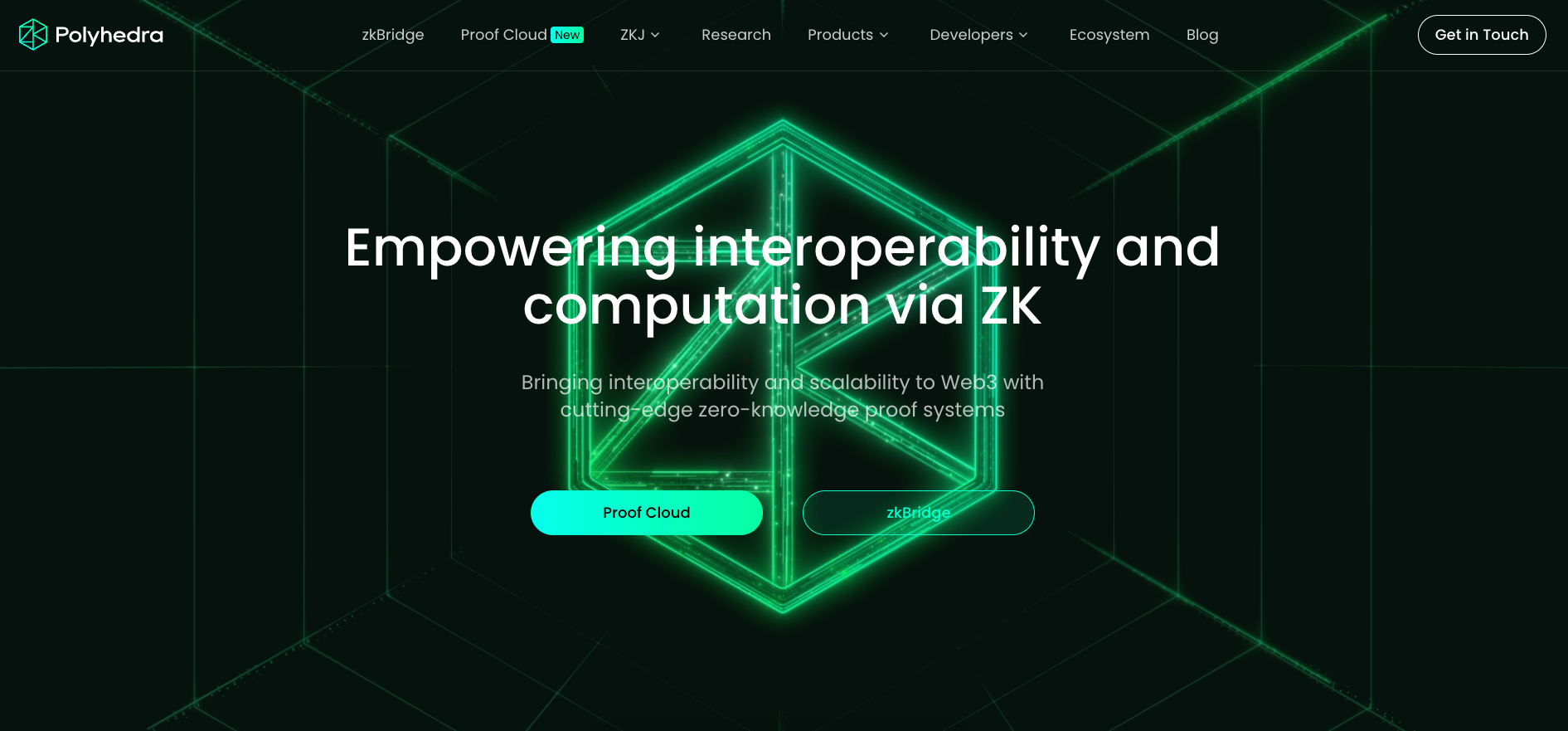
Polyhedra leverages Zero-Knowledge Proof Systems to enhance interoperability and scalability. Its zkBridge uses zkSNARKs to verify state transitions across chains securely.
Features
- zkBridge Technology: Utilizes zkSNARKs for secure state transition proofs.
- Block Header Relay Network: Ensures validity of block headers across chains.
- Strong Security: Provides interoperability without additional trust assumptions.
Pricing
- Proof Generation Costs: Minimal fees associated with zkSNARK proof generation.
- No Additional Trust Costs: Security is maintained without extra fees.
4.Axiom
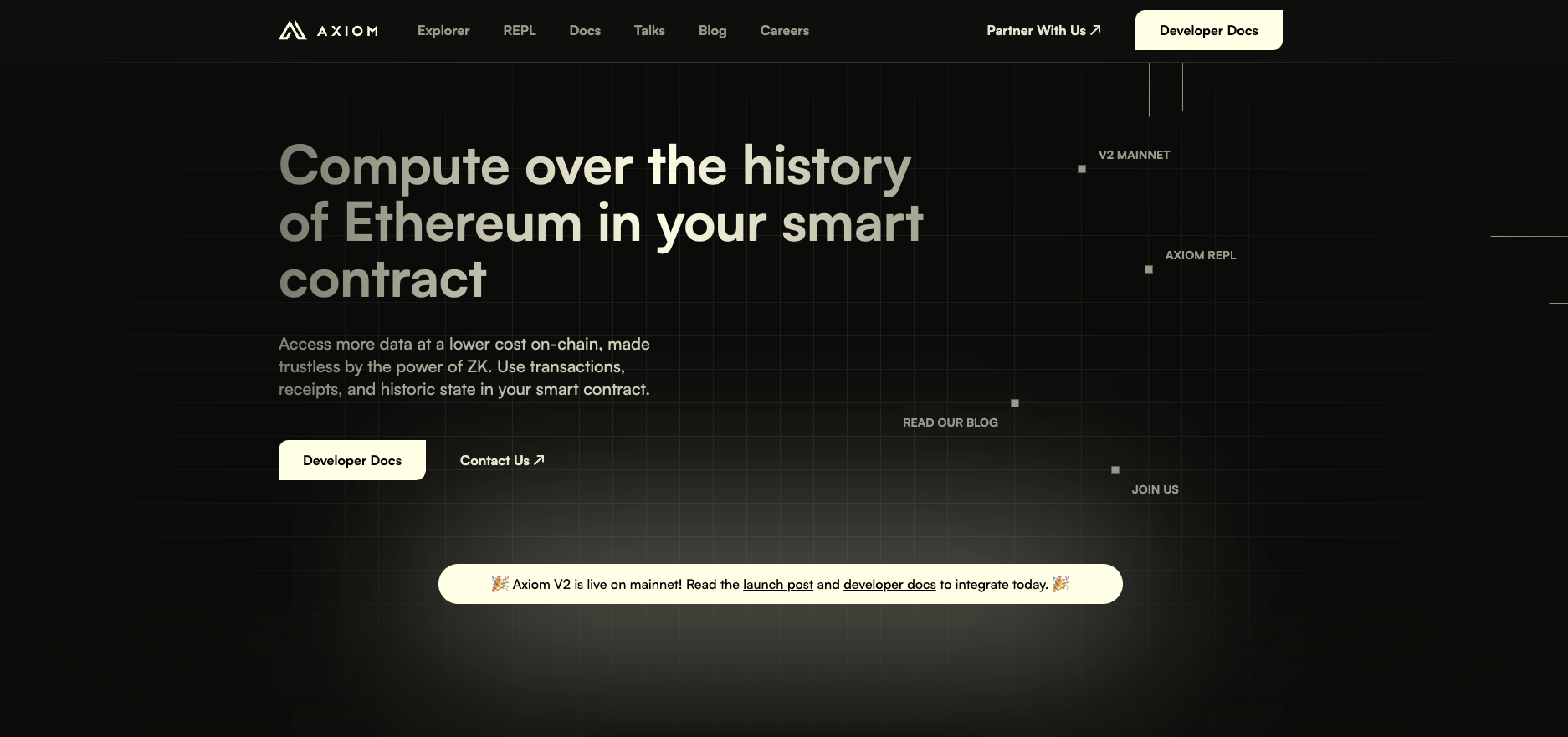
Axiom uses Zero-Knowledge (ZK) technology to enable on-chain data access at lower costs. It allows computations over Ethereum's history, verified by ZK-proofs.
Features
- ZK-Proofs for Data Access: Verifies on-chain data queries with ZK technology.
- Comprehensive Data Computation: Accesses historical Ethereum data.
- Trustless App Development: Builds apps without external oracles.
Pricing
- Low On-Chain Query Costs: ZK-proofs reduce the cost of accessing data.
- Free SDK: Developers can use the Axiom SDK without additional charges.
5.Nomad
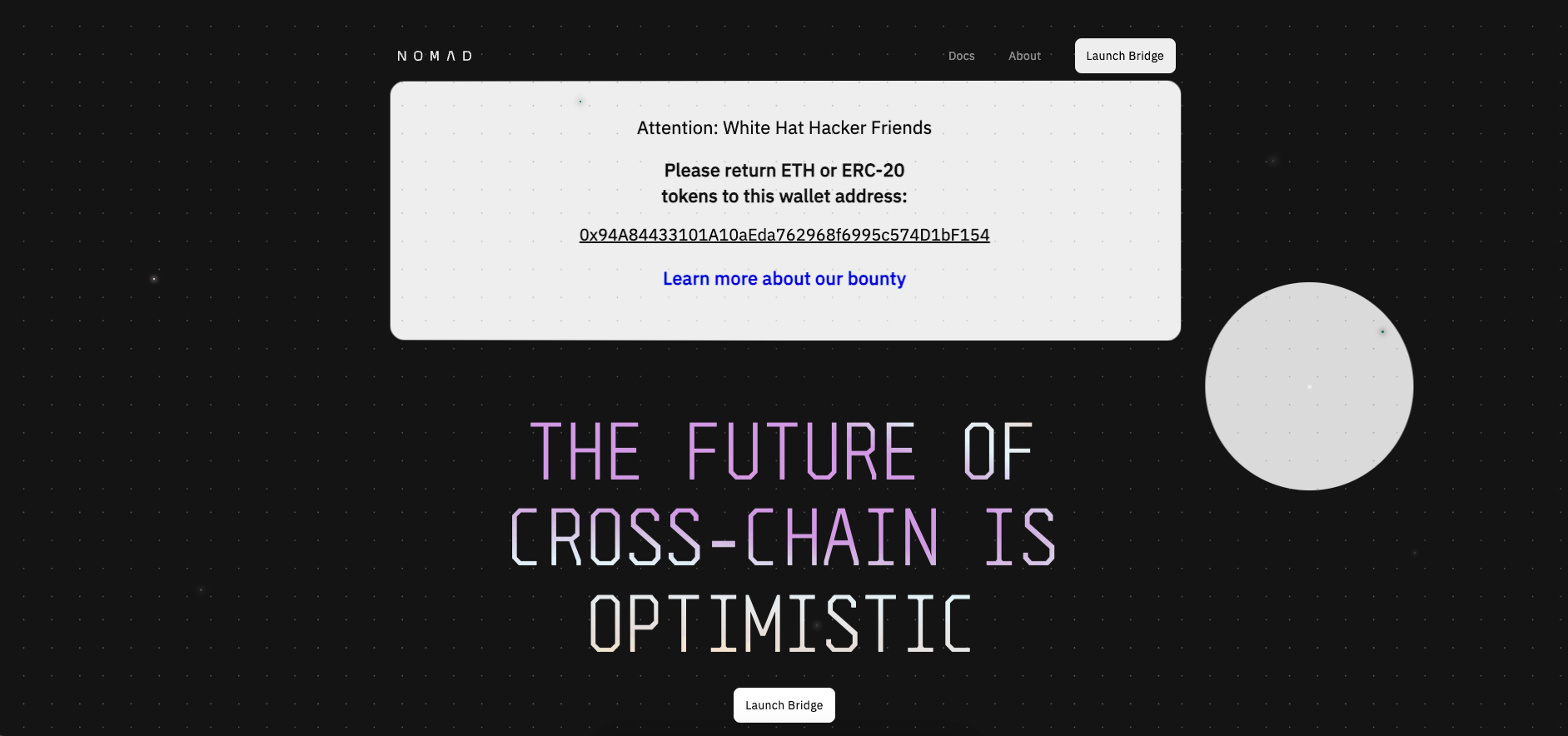
Nomad is a security-first cross-chain messaging protocol that uses an optimistic mechanism to ensure system safety with minimal trust assumptions.
Features
- Optimistic Mechanism: Requires only one honest actor for system safety.
- Fraud Proofs: Allows off-chain watchers to challenge messages.
- Gas Fee Reduction: Offers a 10x reduction in gas fees compared to traditional systems.
Pricing
- Reduced Gas Fees: Significant savings on transaction costs.
- No Custom Logic Fees: Deploy smart contracts without additional costs.
Conclusion
As blockchain technology continues to evolve, alternatives to LayerZero like Arcana.Network, Across Protocol, Polyhedra, Axiom, and Nomad offer diverse solutions for cross-chain interoperability. Each platform brings unique features and pricing models, catering to different user needs and contributing to the dynamic landscape of blockchain communication. These alternatives not only enhance the efficiency and security of cross-chain transactions but also drive innovation in the development of decentralized applications.

